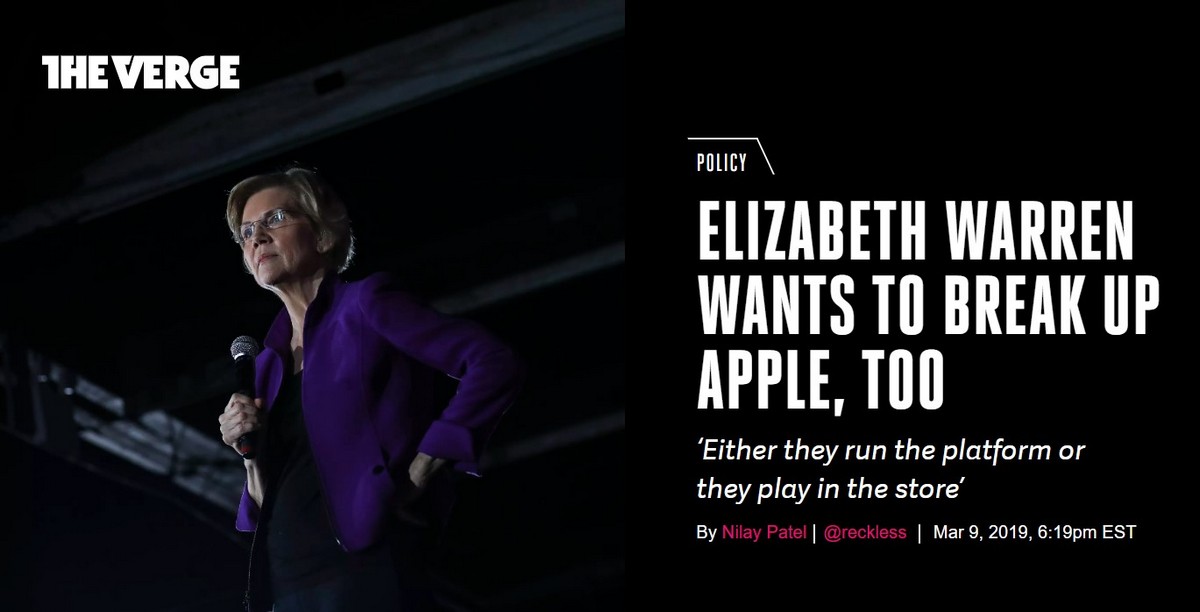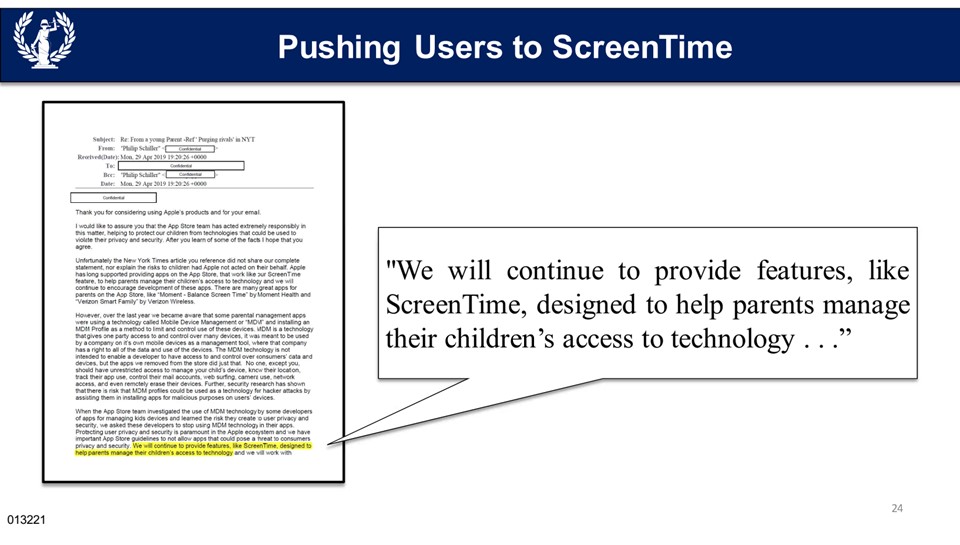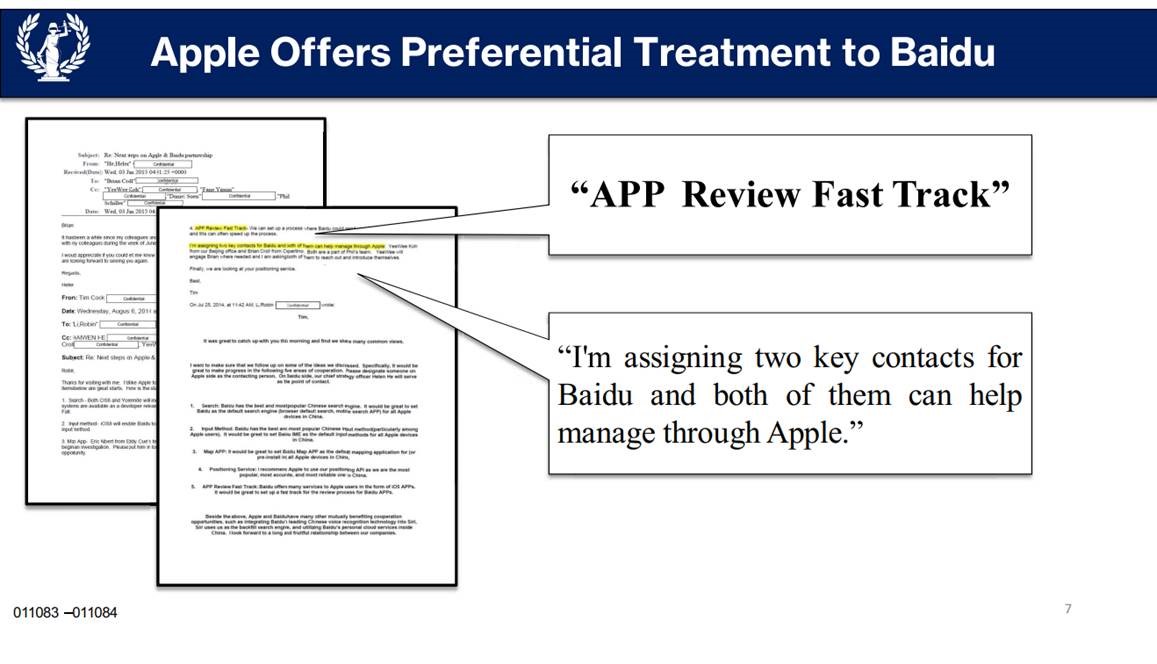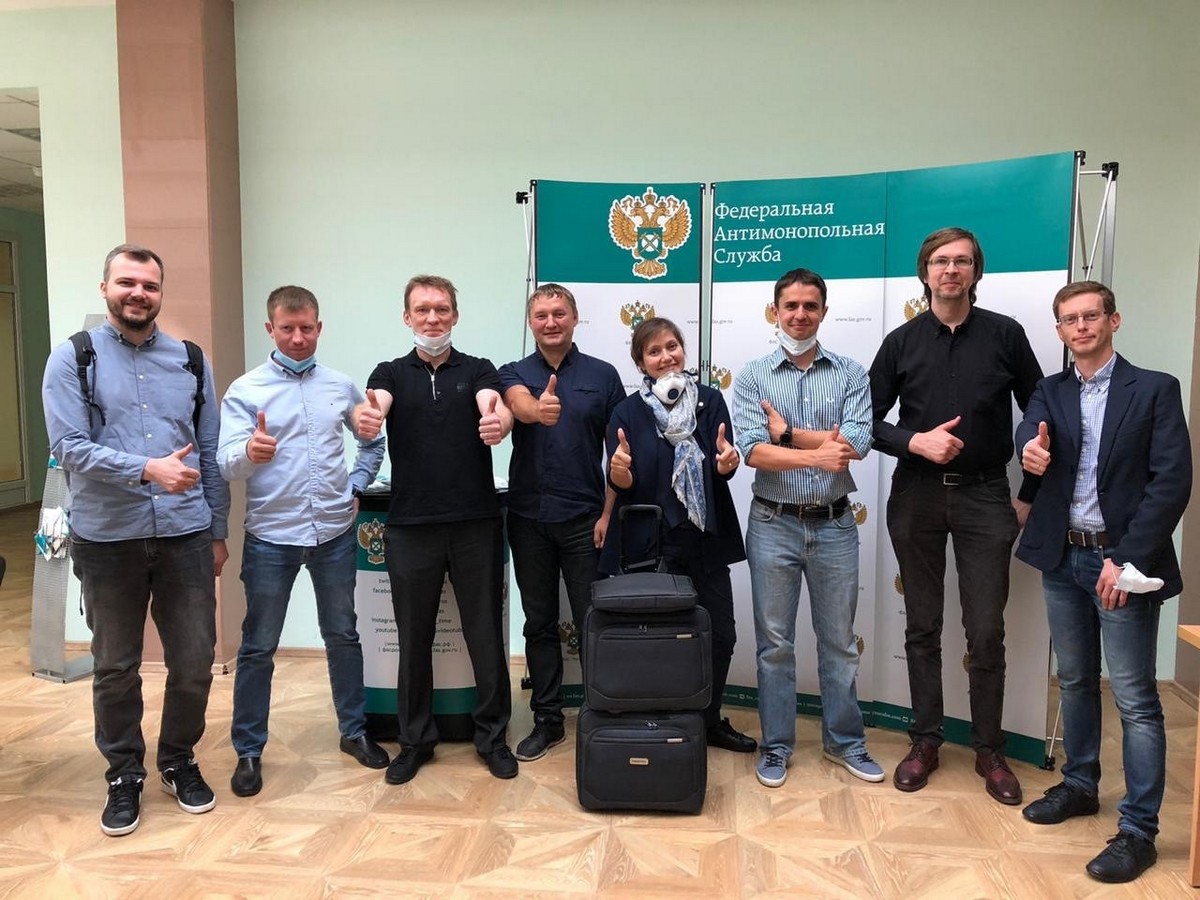August 28, 2020
Antimonopoly justice: wheels finally turning, or another flash in the pan?
Business done successfully will always tend toward becoming bigger. C’est la vie.
It often goes like this: In a given field, the big and strong gobble up the small and… smart (exceptions prove the rule). But what also sometimes happens is the big and strong with breakthrough technologies in one field gobble up everyone in different field. Example: once upon a time there was the giant, all-powerful Kodak, but then the era of digital photography came along, and the film-based photography field was wiped out. And this is how scientific-technical revolutions come about, and they’re useful: they help humanity progress.
But there’s another scenario: the big and strong become… so incredibly big and strong that they start dictating rules to all the other players in their industry, they strangle the natural selection of innovative and successful companies, and even try to hamper the development of any allied companies or markets that represent potential danger for their business. And in this case, antimonopoly bodies have to intervene to put a stop to such abuse of power so as to protect progress.
This latter scenario is being played out right now on a (socially-distanced) stage in a suspenseful IT-show whose main characters are Amazon, Apple, Facebook and Google – operators of the world’s largest online platforms – three of which (all bar Facebook) also act as the world’s largest online marketplaces. The other main characters in the show are the U.S. authorities, which are trying to rein in these online platforms – meaning checking they’re not unfairly taking advantage of their powerful positions – including hindering their ability to be judge, jury and executioner in their marketplaces. They are trying to prevent unfair competition – including exertion of pressure on competitors to ease promotion of the marketplaces’ own products. I’ve already written about one such high profile show case like this: the one where Apple has been driving out independent developers of parental control applications from its App Store.
Let me give an analogy here:
A landlord starts to lease out his land to farmers on equal terms and conditions, which suit everyone just fine. But at the same time, the landlord keeps a close watch on the farmers to see which are doing best. The following year, he starts doing what those successful farmers do himself. He also changes the terms and conditions of the leases ‘to protect worms’: now all farmers under those leases aren’t allowed to use spades – they must use trowels, and they should stop using fertilizer. But this rule doesn’t apply to the landlord. It’s like, he’s not actually preventing the farmers from going about their farming business – and he’s declaring worthy intentions – but how on earth can the farmers with trowels compete with the landlord with his spades and the very latest fertilizer?
Sounds all very Middle Ages, right? But a similar thing is happening in 2020 – only not in farming but in the modern digital economy; however, finally, the powers-that-be appear to be waking up to the fact. Or so it seems…
In early 2019, U.S. Senator Elizabeth Warren gave a watershed interview to The Verge, in which she stated that she “would classify any company that runs a marketplace and makes more than $25 billion a year in revenue as a ‘platform utility’, and prohibit those companies from using those platforms from [sic] selling their own products.” Put simpler – incidentally when referring to Apple in particular – she stated: “Either they run the platform or they play in the store”.

And that was that: despite the fact these were Very Big Boys she was talking about, the starting gun was duly fired…
Since then, the House Judiciary Committee and the Federal Trade Commission began an investigation into Amazon, Apple, Facebook and Google. As part of this, just the other week – the sixth antitrust hearing took place in the House of Representatives regarding online marketplaces and their influence on markets. It was pretty extraordinary; lengthy too – more than five hours long:
(Note: if you don’t have 5+ hours to spare, for some highlights – see some of the timestamps given in one of the top comments).
As you can see, the questions were tough. But overall, most of them (and the responses) unambiguously point to abuse of monopoly power by the four companies. But here in this post I’ll be concentrating on several indicative moments in the episode with the boss of Apple, against which in both Russia and Europe there are already antitrust cases ongoing due to claims of the company’s abuse of its market power with its App Store.
One of the things discussed in the hearing were the circumstances surrounding the first appearance of Apple’s Screen Time app in 2018. At around 04:11:00 in the video of the hearing, Congresswoman McBath expresses concern about the strange coincidence in the timing of the release of Screen Time and sudden hostile moves against the apps of independent developers that competed with Screen Time. Those competing app developers had access to certain critical functions shut down ‘due to security concerns’, while some of the apps were removed completely from the marketplace). But here’s the best bit: Apple carried on using the same critical functions in its own app, as if forgetting about the ‘security concerns’ bit! It’s all a bit like the landlord who carried on using spades while all the farmers weren’t allowed to.
In his response, Tim Cook was quick to point the finger squarely at MDM – used, among other things, by parental control apps – which is just so incredibly dangerous for privacy, safety, and all that. How convenient. What he failed to mention (and, alas, the congresswoman let him get away with), was the following:
- Why was it that MDM has been OK on iOS for years?
- Why was it that some of the targeted third-party apps didn’t even use MDM (for example Kaspersky Safe Kids)?
- Why was it that, six months after the parental control app purge, Apple suddenly ‘reconsidered’, and MDM, it turned out, was fine after all?
- Why was it that Apple could carry on using in its Screen Time functions that had no relation to MDM (e.g., geolocation tracking and app control/restrictions), when they weren’t permitted in third-party apps?
Funny? At first glance – yes. Thing is, Apple’s behavior had very serious consequences for independent developers. But even when MDM profiles were reinstated, in iOS 13 Apple made hiding the Safari icon impossible, though doing so is necessary so that kids use only a different, special browser, which reliably protects against inappropriate content. Apple also made third-party parental control apps removable by kids. That is, it made MDM profiles perfectly toothless-useless, and as a result – all independent parental control apps perfectly toothless-useless too.
About the six months ‘pause’ thing: Congresswoman Val Demmings suggested that in those six months Apple probably killed off a whole industry, since many developers of parental control apps for iOS were small businesses – sometimes just one-man shows – and they simply couldn’t survive the mass exodus of users and the sudden drying up of income, and had to close. Besides, Demmings mentioned Absher, an app developed by the government of Saudi Arabia, which, despite the widespread criticism of its infringing women’s rights in that country, continues to be offered in the App Store.
“Apple allowed this Saudi app to remain. So there are two types of apps, they use the same tool. Apple kicks one out and said that that was — one that was helping parents, but keeps the one owned by a powerful government … it sounds like you applied different rules to the same apps.”
During the hearings, a letter of the former App Store chief Phil Schiller was shown in which he underlined the intention of Apple to further develop Screen Time, despite the complaints of users about the disappearance of the apps they had chosen and bought:

Tim Cook also mentioned how Apple treats every developer the same … and rules apply evenly to everyone in the App Store. However, a congressman then pointed out how “Baidu has two App Store employees assigned to help it navigate the App Store bureaucracy”! ->

When asked if this was true, Tim Cook “didn’t know about that, sir.” Which forces us to simply guess how many companies bypass fair competition when offered preferences like these. But, then, what’s important isn’t simply getting any old app into the App Store, but getting one in that’s genuinely useful and with unique functionality – in full, not some ‘lite’ version that’s way down on usefulness. It’s comparable to the situation described above: MDM profiles came back online, but the functionality is then banned. Same here: a couple employees assigned to help, but what’s the point?
An important result of the hearings has been the openly expressed certainty regarding violations of fundamental tenets of the antitrust doctrine of developed economies. Owners of marketplaces are simultaneously operators of essential facilities on the one hand, and developers of applications for their own platforms on the other. As such, they’re participants in adjacent markets just like independent developers, and so to them should be applied the same rules, limitations and opportunities. The problem lies in that owners of marketplaces don’t view the situation from such a standpoint. In their world, there are simply two things: the all-mighty operator (themselves), and everyone else.
In and of itself, domination in a market isn’t unlawful under antimonopoly rules. However, companies that dominate have a special responsibility not to abuse their power by limiting competition.
From one perspective, the hearings could be viewed as mere formal political point-scoring in the run up to a fast-approaching presidential election. However, the opinions of professionals aren’t so pessimistic: as a result of the investigation and the hearings, there’ll now be stronger state regulation of and control over marketplaces. Now, understanding of the unfairness of violating competition is clear, widespread, deep, and – especially after the hearings – very public. Abuse of monopoly power touches on the fundamental bases of equal opportunities between the strong and the weak. Regulators (including those in Brussels) write about and discuss this, the press writes about it, politicians talk about it, and so too do the economists. And if earlier, ‘might was always right’ and the giants were mostly fearless, today ‘might’ will come to those who play fairly – by the clearly soon-to-be stricter rules.
I’ll end with the closing remarks of the chairman of the hearings, David Cicilline:
“This hearing has made one fact clear to me—these companies as they exist today have monopoly power. Some need to be broken up; all need to be properly regulated and held accountable. We need to ensure the antitrust laws first written more than a century ago work in the digital age. When these laws were written, the monopolists were men named Rockefeller and Carnegie. Their control of the marketplace allowed them to do whatever it took to crush independent businesses and expand their own power. Well, the names have changed, but the story is the same. Today, the men are named Zuckerberg, Cook, Pichai, and Bezos. Once again, their control of the marketplace allows them to do whatever it takes to crush independent businesses and expand their own power. This must end.”
So what do you think? The wheels have finally started turning? Or could it really be just another flash in the pan?…
PS: While the congressmen and congresswomen were comparing today’s Cyber Barons with the Robber Barons of 19th century America, Russia’s Federal Antimonopoly Service (FAS), further to our antitrust complaint, has found Apple to have unlawfully limited the functionality of Kaspersky Safe Kids on the iOS platform, and ruled that Apple has violated Russian antimonopoly law. The company received the ruling with requirements to remedy the violations within a month.
And here are our K-heroes, who finally managed to win in this long-winded duel between David and Goliath. Well done and congratulations!

So, why the suitcases center-stage in the pic? Actually, the deserve center-stage: they were needed to fit all the documents of the lawsuit into! Weighty proof indeed of monopolistic abuse of power!
PPS: A few facts about the case:
– The antitrust case ran one year and two days;
– Number of hearings: seven;
– Length of each hearing: from two to seven hours.
Big tech firms criticized for abusing their power against independent developers. @e_kaspersky given an outlook at what’s happening Tweet

